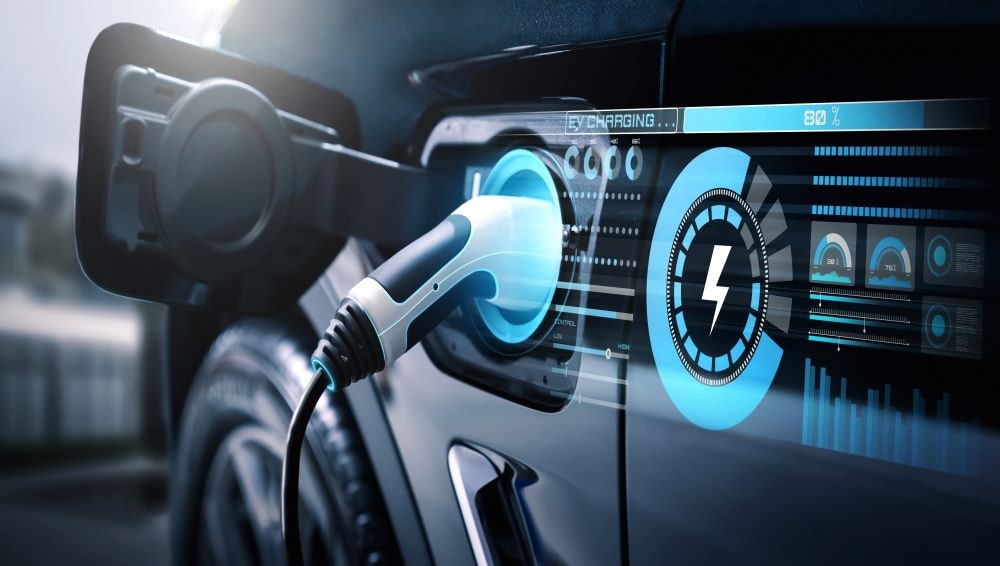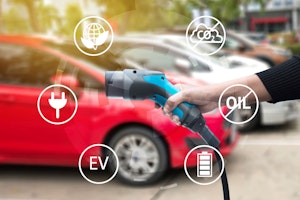
The Future is Electric
Electric vehicles, also known as EVs, are an increasingly popular choice for environmentally-conscious drivers. These vehicles are powered by electricity instead of gasoline or diesel fuel, and they offer a number of benefits over traditional gas-powered cars. In this article, we’ll explore the world of electric vehicles, including their history, benefits, and future potential.
History of Electric Vehicles
Electric vehicles have been around for over a century, with the first electric cars being developed in the late 1800s. However, it wasn’t until the early 2000s that electric vehicles started to gain popularity, as concerns over climate change and air pollution increased. Since then, electric vehicles have become more and more common, with major car manufacturers such as Tesla, Nissan, and Chevrolet all producing their own electric models.
Benefits of Electric Vehicles
The future is electric and there is a lot of criticism when it comes to EVs. Here are some benefits of driving an electric vehicle:
- Environmentally friendly: Electric vehicles produce no tailpipe emissions, which significantly reduces air pollution and greenhouse gas emissions.
- Energy-efficient: Electric vehicles are more energy-efficient than gasoline-powered cars, meaning they use less energy to travel the same distance.
- Lower fuel costs: Since electricity is generally cheaper than gasoline, electric vehicle owners can save a significant amount of money on fuel costs.
- Lower maintenance costs: Electric vehicles require less maintenance than traditional cars, as they have fewer moving parts and don’t require oil changes.
- Quiet operation: Electric vehicles operate more quietly than gasoline-powered cars, which can reduce noise pollution in cities and residential areas.
- Regenerative braking: Electric vehicles use regenerative braking, which captures the energy lost during braking and uses it to recharge the battery.
- Better performance: Electric vehicles can accelerate more quickly and have smoother acceleration than gasoline-powered cars.
- Government incentives: Many governments offer incentives for people to buy electric vehicles, such as tax credits or rebates.
- Future potential: As technology continues to improve, electric vehicles will become even more efficient, cheaper, and better performing.
Future of Electric Vehicles
As concerns over climate change continue to grow, the future of electric vehicles looks bright. Many governments around the world are now offering incentives for people to buy electric vehicles, such as tax credits or rebates. Additionally, car manufacturers are investing heavily in electric vehicle technology, with many new models set to be released in the coming years.
One of the main challenges facing electric vehicles, however, is the need for a robust charging infrastructure. While many cities and towns now have public charging stations for electric vehicles, there are still many areas where charging stations are few and far between. As more and more people switch to electric, however, it’s likely that the charging infrastructure will continue to expand.
Conclusion
Electric vehicles offer a number of benefits over traditional gas-powered cars, including reduced emissions, lower fuel costs, and lower maintenance costs. While electric vehicles are still relatively new, they are quickly gaining popularity worldwide, and many experts predict that they will become the dominant form of transportation in the coming decades. If you’re considering buying an electric vehicle, now is a great time to do so, as the technology is improving rapidly and the infrastructure to support these vehicles is expanding every day. At Diehl Auto, we have a variety of EVs here.




